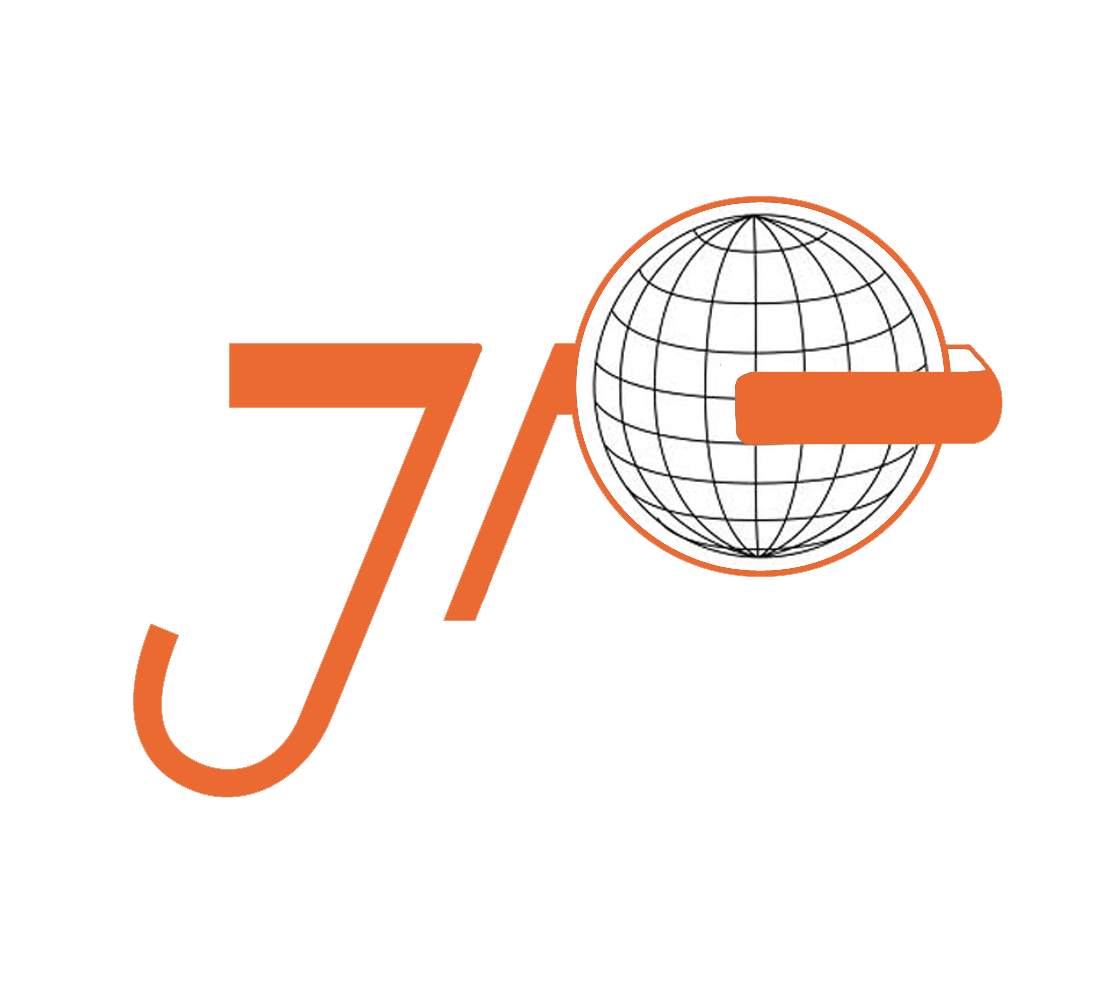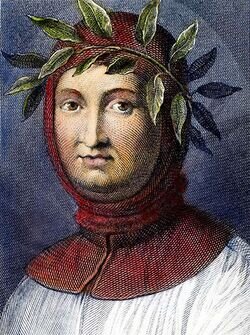The University of Bologna: A Brief History
La Piazza Maggiore in Bologna
by Brian Alcamo
Students are heading back to classrooms after a summer of fun. For some, the break from the classroom has been even longer, with in-person learning being replaced by remote alternatives to circumvent pandemic lockdowns. While universities have been around for a long time, one has stood the test of time longer than all the others. Italy’s University of Bologna, l’Universitá di Bologna, is both the oldest and longest-functioning university in the western world, and its storied history is fascinating. Find out more below!
The Beginning
The University of Bologna is considered by most to be the first Western university, with scholarly activity dating all the way back to 1088 C.E. First founded as the (private) School of Bologna, the historic place of learning coincided with the establishment of the Studium of Bologna. Because of a collective of a few dedicated students, the School of Bologna’s ascent as a leading site of learning began to coincide with the city’s growth as an economic powerhouse. By the 12th Century, the city had transformed from being known as La Dotta (The Learned) to La Grassa (The Fat), due to its rapid rise in wealth. Once il Comune (the municipality) realized that the school was attracting young wealth, it began to enact policy aiming to protect and favor the school. Private homes, monasteries, and public areas were rented out to provide adequate space for the droves of new learners. This created a robust, geographically decentralized network of educational nodes, differing from the typical “campus” model that many Americans are familiar with today.
Bologna’s Archiginnasio, which was not yet built at the university’s start
The 13th century saw the University's graduates’ reputations on the rise, especially its Law School and Art School students, who were seen as providing foundational legal and cultural foundations for an emerging European society. Law School students formed organizations meant to establish a system of mutual support. These were originally based on students’ place of origins (known as Nationes) which slowly turned into guilds known as Universitates.
A Change in Power Dynamics
The fourteenth century saw a tightening of student and teacher autonomy as the Comune placed more controlling decrees on the school. Teachers became public employees and their performance declined with their academic fate coinciding with the shifting economic winds of the city. During the fifteenth century, the school’s fame helped maintain its student body while its arts program was reinvigorated with Renaissance ideas. This century was also the height of Bologna’s Bentivoglio family, and teachers began to be effectively “bought out” by the wealth of the city’s de facto lords. This newfound corruption led to the erosion of both the university and the commune’s freedom.
Vocabulary for Your Next Semester in Italia
Semestre - Semester
Il programma di studio - Syllabus
Il compagno di classe - Classmate
Studiare - To study
Consulente academico - Academic advisor
Esame - test
Tema, saggio - essay
In the sixteenth century, The Council of Trent and the construction of the Archiginnasio Palace both ended up driving out students, with the Palace replacing the school’s geographically decentralized nature as a one-stop-shop location for University activity, becoming an easily governed location where Papal Rome could impose Catholicism on the student body. After these reforms, the school’s performance saw a two-century lull, with the seventeenth and most of the eighteenth century seeing little innovation and being left out of the rest of Europe’s Renaissance fun. The sad ship began to slowly (and we mean slowly) turn around with the new Academy of Sciences of the Institute of Bologna, which provided a space for critiquing the Church and aristocracy.
The Library at the Institute of Sciences
Back in the Saddle
Interestingly enough, the University saw a Renaissance of its own when the Italian peninsula came under control of Napoleon Bonaparte’s French Empire. The Studium became a public university and moved its center of operations to the Palazzo Poggi, which brought a new artistic and cultural center to Bologna. Unfortunately, when the French Empire receded and the papacy was restored, many changes were repealed.
Il Risorgimento, or the Italian Unification, finally brought respect and prestige back to the Studium, when forces at the helm of the unification sought to construct the narrative of a common Italian history. Bologna had once again become one of the most important cities in the new country.
In the twentieth century, the university began to occupy historic buildings around the city, positioning itself as a fulcrum of urban life. In 1988, a celebration of the university's ninth century reinforced the school’s reputation as a location that honors the independence and freedom of teaching and its history as the Alma Mater Studiorum.
Some Famous Alumni
The University’s status as an important site of educational patrimony was further cemented in 1999 when European diplomats came to the University to sign the Bologna Declaration. This signing established the Bologna Process, a series of meetings with the purpose of establishing and maintaining higher-educational compatibility between European countries. The Process follows a qualifications framework that uses the university levels of Bachelors, Masters, and Doctoral degrees as guidelines for determining educational achievement (according to the European Credit Transfer and Accumulation System, or ECTS).
Nowadays in the twenty-first century, the university has expanded outwards into Bologna’s suburbs, moving the locations of its course offerings. It also has created the first multicampus in italy, with satellite campuses throughout Emilia-Romagna.
Thanks for Reading!
Want to go back to school? Learning Italian provides you with the skills you need to make education in Italy a real possibility. Comment your study plans below, and be sure to share this post with a friend!







